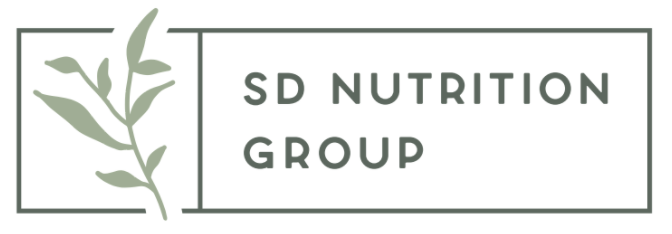Are You Really Giving Yourself Permission to Eat?
When you’ve been told you couldn’t have something, how did it make you feel? If we had to guess, it probably made you want whatever it was even more. This happens all the time with dieting since dieting is all about telling you what you can and can’t eat. This concept of deprivation has real biological and psychological effects. The moment a food is off-limits, it actually makes us crave that food even more!
What is so interesting about deprivation and restriction with food is that it can happen psychologically, even if you aren’t physically restricting that food. Meaning you can be eating the food, but if the whole time you’re thinking about how bad you are for eating it, feeling guilty, vowing to not eat it again for another month, and planning your next diet or workout to compensate for it, you’re still depriving yourself of the experience of enjoying that food. The effects of deprivation continue.
This concept is called pseudo-permission, or emotional deprivation, because you’re not giving yourself unconditional permission to eat. To quote Intuitive Eating, “your mouth may be chewing, but your mind is saying ‘I shouldn’t’. Your mind is still on a diet” (4th ed, Ch. 8, Pg. 114).
Here are a few ways the diet mentality may be sneaking in and interfering with giving yourself true unconditional permission to eat:
Making food choices with the mindset that one decision is better than the other. All foods are morally neutral. You’re not a bad person for choosing the burger over the salad. All foods offer our bodies nourishment. Believing that there is a right and wrong choice only leads to feelings of guilt or dissatisfaction with your choice.
Allowing negative thoughts and feelings to take over when eating a food. It’s normal for the negative, judgmental diet voice to appear when you’re eating a previously forbidden food. It’s important to practice challenging this voice- remember that you can’t believe everything you think! This voice brings feelings of guilt and shame that interfere with making peace with forbidden foods and lead you back to restricting them.
Allowing yourself to eat the food, but with conditions. These conditions can sound like:
I can only eat this food x times per week/month/year.
I have to exercise x much after eating this.
I can eat this food now, but I have to eat less at dinner tonight.
I’ll order the burger, but I have to get a salad instead of fries even though I really want the fries.
I can’t eat dessert because I’ve already had a “bad” food today.
Cheat days.
Unconditional permission means just that- unconditional! If your food choices have strings attached like some of the ones mentioned above, you’ll stay in a state of pseudo-permission with food and continue to feel deprived. Intuitive eating isn’t about always making the most nutritionally dense choice. It’s about making the choice that honors your physical and mental well-being in that moment. Remember that it takes a lot of time and practice to build up trust in yourself. Be gentle and kind to yourself!

